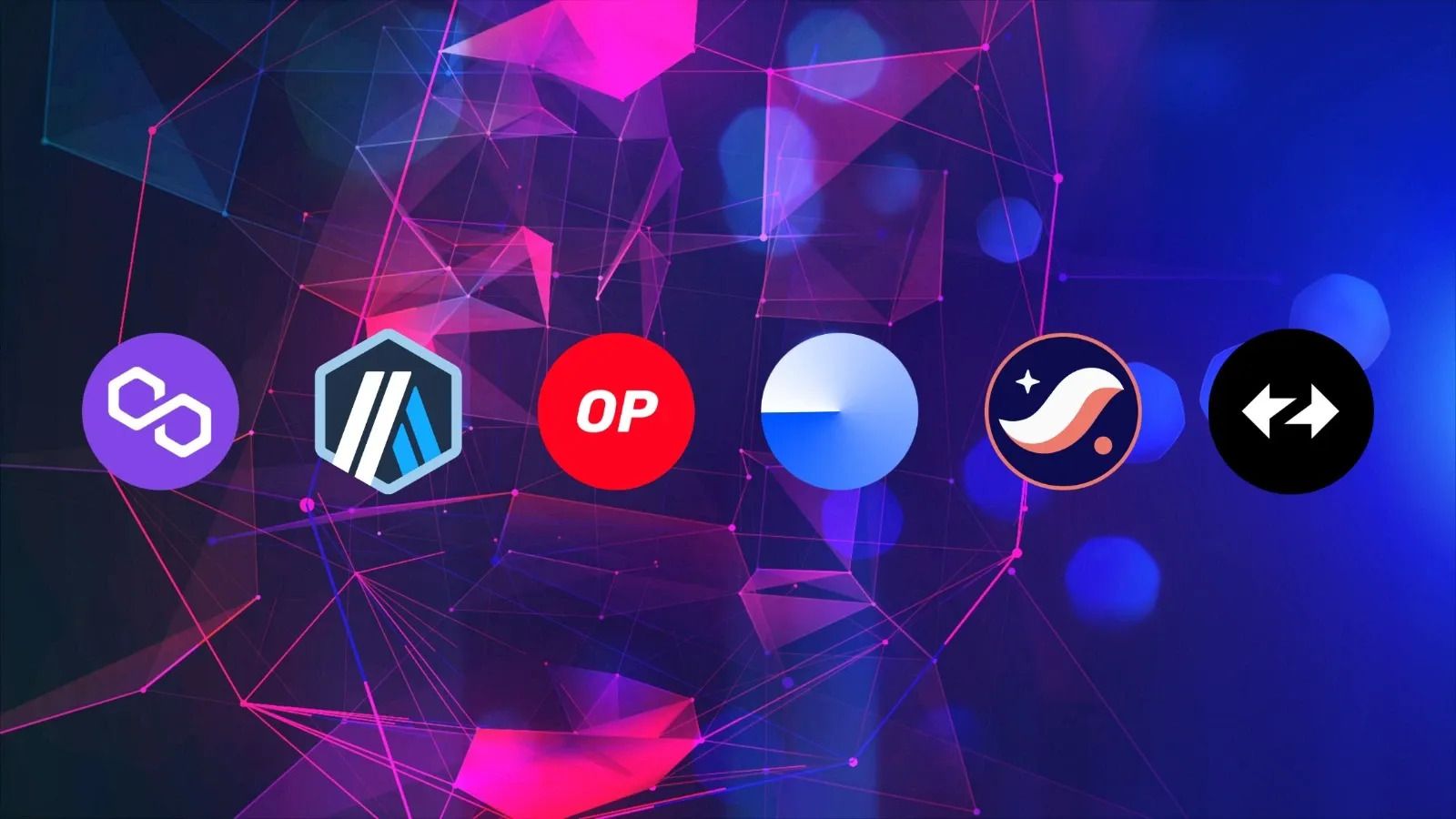Arbitrum Overview
- What is Arbitrum?
Arbitrum is a platform designed to scale Ethereum by creating a Layer 2 solution that allows for faster and cheaper transactions while maintaining the security of the Ethereum network. Developed by Offchain Labs, it uses an off-chain protocol called Arbitrum Rollup to bundle or batch multiple transactions together off-chain, thus reducing the cost and complexity of operations.
Benefits of Arbitrum include improved scalability, high speed, and lower fees. Moreover, it has interoperability, integrating with various services in the Ethereum ecosystem, such as Uniswap, Chainlink, The Graph, and more.
To get started with Arbitrum, users need an Ethereum wallet that supports the network. Transactions made on Arbitrum will appear in the wallet like any other Ethereum transaction.
Popular Apps on Arbitrum
0 Apps total
Frequently asked questions
When moving funds (ETH and non-ETH) from Ethereum (L1) to Arbitrum (L2), you'll need to have ETH in your wallet on the corresponding Arbitrum chain. This is because ETH is the currency used for gas fees on Arbitrum and all Arbitrum transactions are powered by ETH.
Yes, you can find a list of Fiat on-ramps that support Arbitrum on their portal.
You can bridge fund using the official bridge or any other bridge supporting arbitrum one (e.g. orbiter)
You can use the official block explorer.
Currently, on Ethereum mainnet, there are 2 Arbitrum chains: one Arbitrum Rollup chain, called "Arbitrum One," and one AnyTrust chain, called "Nova"; users and developers can pick whatever suits their security / transaction cost needs. The fact that multiple chains can run in parallel is a crucial perk to off-chain scaling technology.
Arbitrum works by executing transactions off-chain while posting a summary of those transactions on-chain, which reduces the amount of data that needs to be stored on the Ethereum main chain. The platform is designed to be fully compatible with Ethereum, which means developers can use it without modifying their code.
Don't leave just yet!
Enjoyed this read? Good news! Dive deeper into this topic with some of our well-crafted blog articles.






































